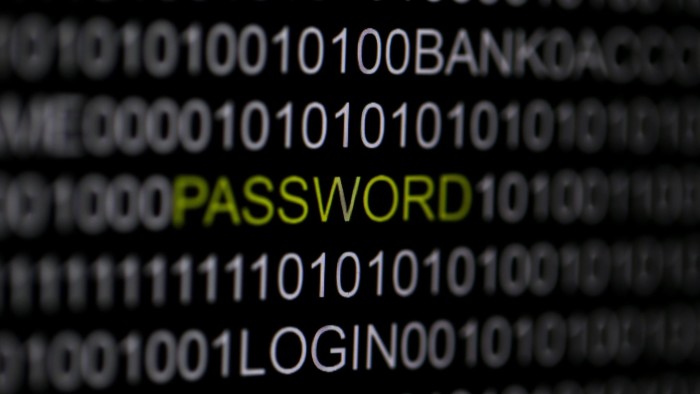Warning over Isis cyber threat

Roula Khalaf, Editor of the FT, selects her favourite stories in this weekly newsletter.
The Islamist militants who have seized almost a third of Iraq and Syria pose the next great cyber threat as terrorist organisations hoard cyber weaponry from underground markets, the chief executive of FireEye has warned.
David De Walt, who heads the leading new-generation cyber security company, said the Islamic State of Iraq and the Levant, which is also known as Isis, would follow in the footsteps of the Syrian Electronic Army and the Iran-based Ajax Security Team to target western countries and companies with cyber attacks.
“We’ve begun to see signs that rebel terrorist organisations are attempting to gain access in cyber weaponry,” he told the Financial Times. “Isis has already had success in utilising technology, using the web for recruiting, distribution of terrorist information and scare tactics.”
Mr De Walt, former chief executive of McAfee, said that while he had not yet seen evidence of an attack by Isis, he expected the group to follow an established terrorist pattern and advance its technology as quickly as possible.
One group, calling itself Lizard Squad on Twitter, claimed links to Isis when it targeted the networks of some of the biggest gaming companies in the world including Sony and Microsoft.
Cyber attacks are becoming an important plank of modern warfare, with attacks often corresponding to geopolitical tensions. Cyber weapons have been used, for example, in the recent conflict in Ukraine.
Nato said this month that cyber attacks would be covered by the alliance’s collective defence doctrine, meaning that if one country is targeted, the rest can respond.
Mr De Walt said booming underground markets in kits that allow malicious software to be unleashed, and loopholes enabling entry into people’s devices and companies’ networks, meant the tools for a cyber attack were just an “internet transaction” away for groups such as Isis.
“Offensive tools are so available that sometimes they can be purchased on eBay, and sometimes on the dark net,” he said, referring to hidden online networks where detection can be evaded. “It takes thousands or tens of thousands of dollars; it doesn’t take a lot of means or expertise.”
He said he expected the group to aim for a target “as big and sensationalised as possible”.
FireEye runs a team of cyber security researchers who compile intelligence on cyber criminals – particularly the specialised groups known as “advanced persistent threats”, which are often backed by nation states.
The company now owns Mandiant, a cyber attack response company, which became famous last year when it published detailed claims about a unit of the Chinese People’s Liberation Army charged with cyber espionage. Since then, the US has been more aggressive in its accusations against China, even issuing warrants for the arrests of five members of the Chinese military for cyber crimes.
The Syrian Electronic Army, supporters of President Bashar al-Assad, has claimed responsibility for several attacks over the past year, in particular targeting media websites including the New York Times and the Financial Times.
The Ajax Security Team has been targeting US defence contractors with distributed denial-of-service attacks, which are aimed at taking their websites offline, according to a FireEye report in May.
Comments